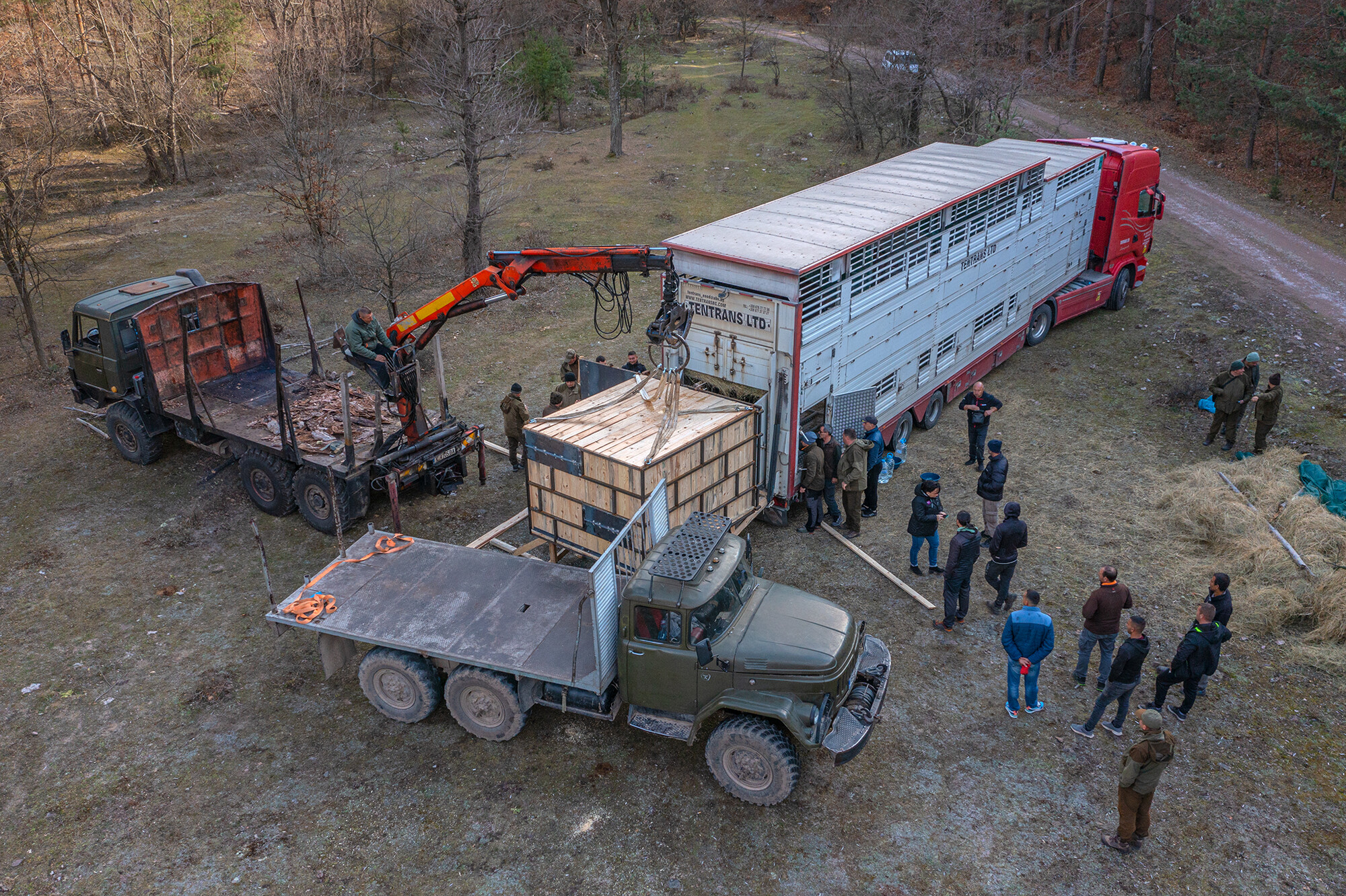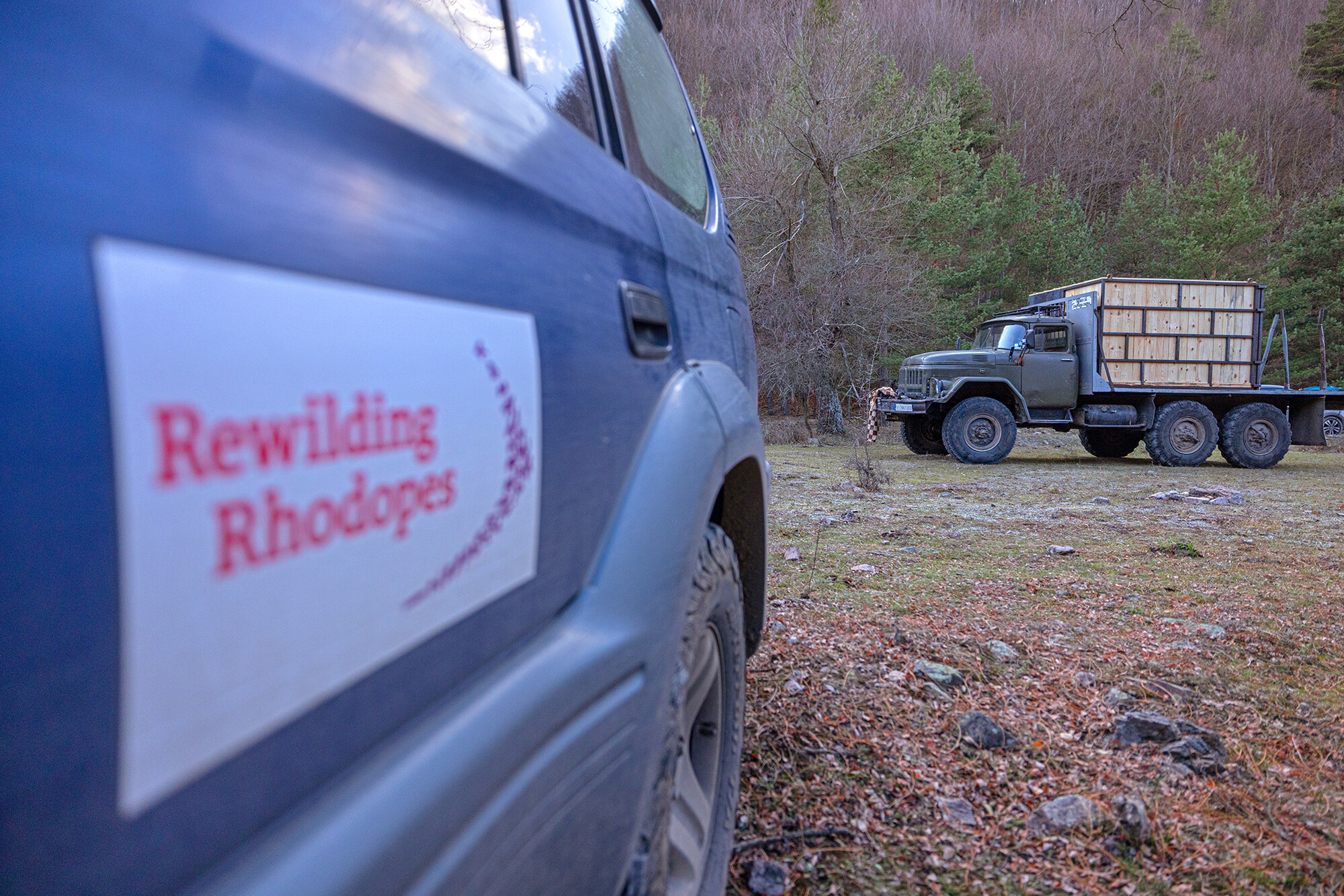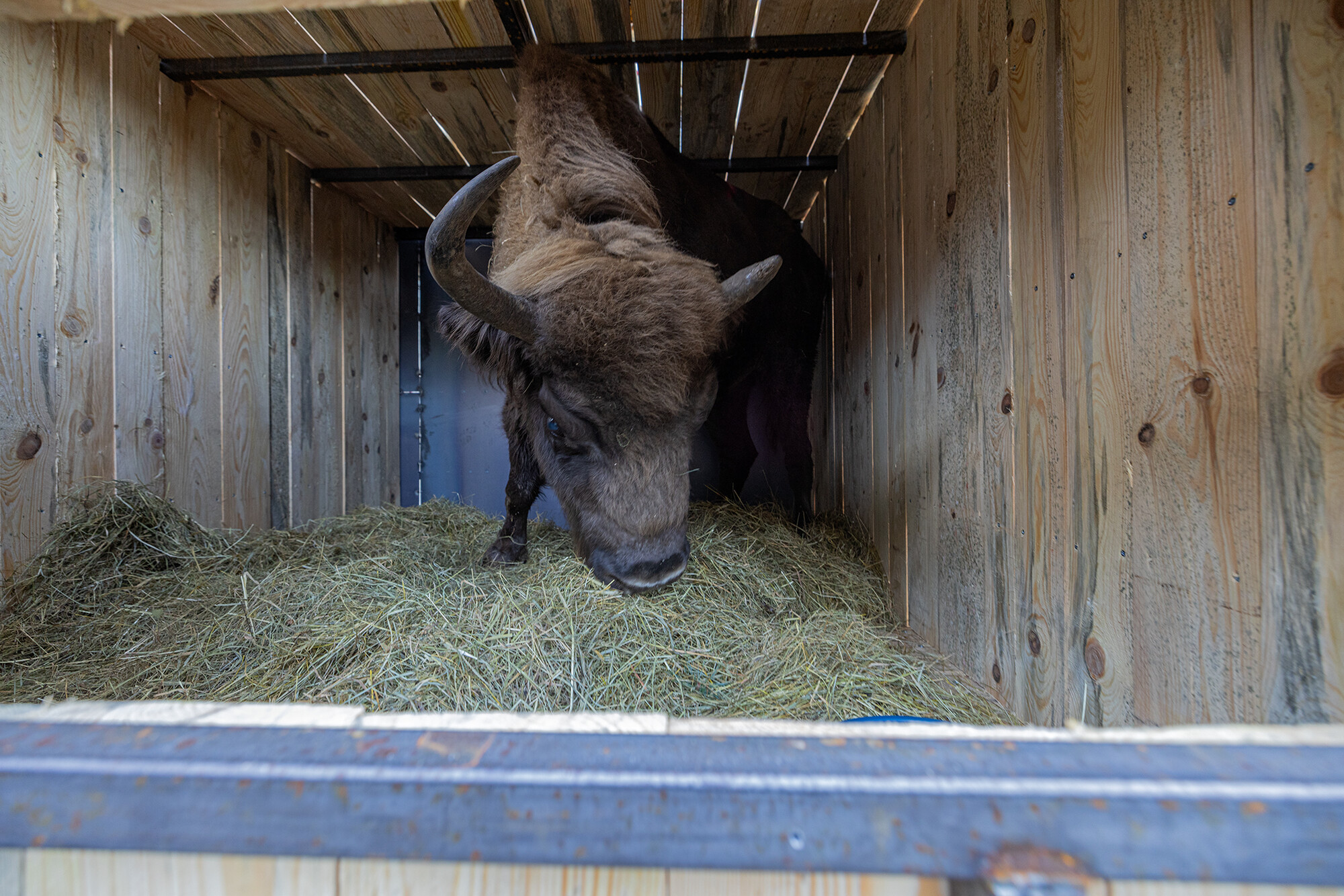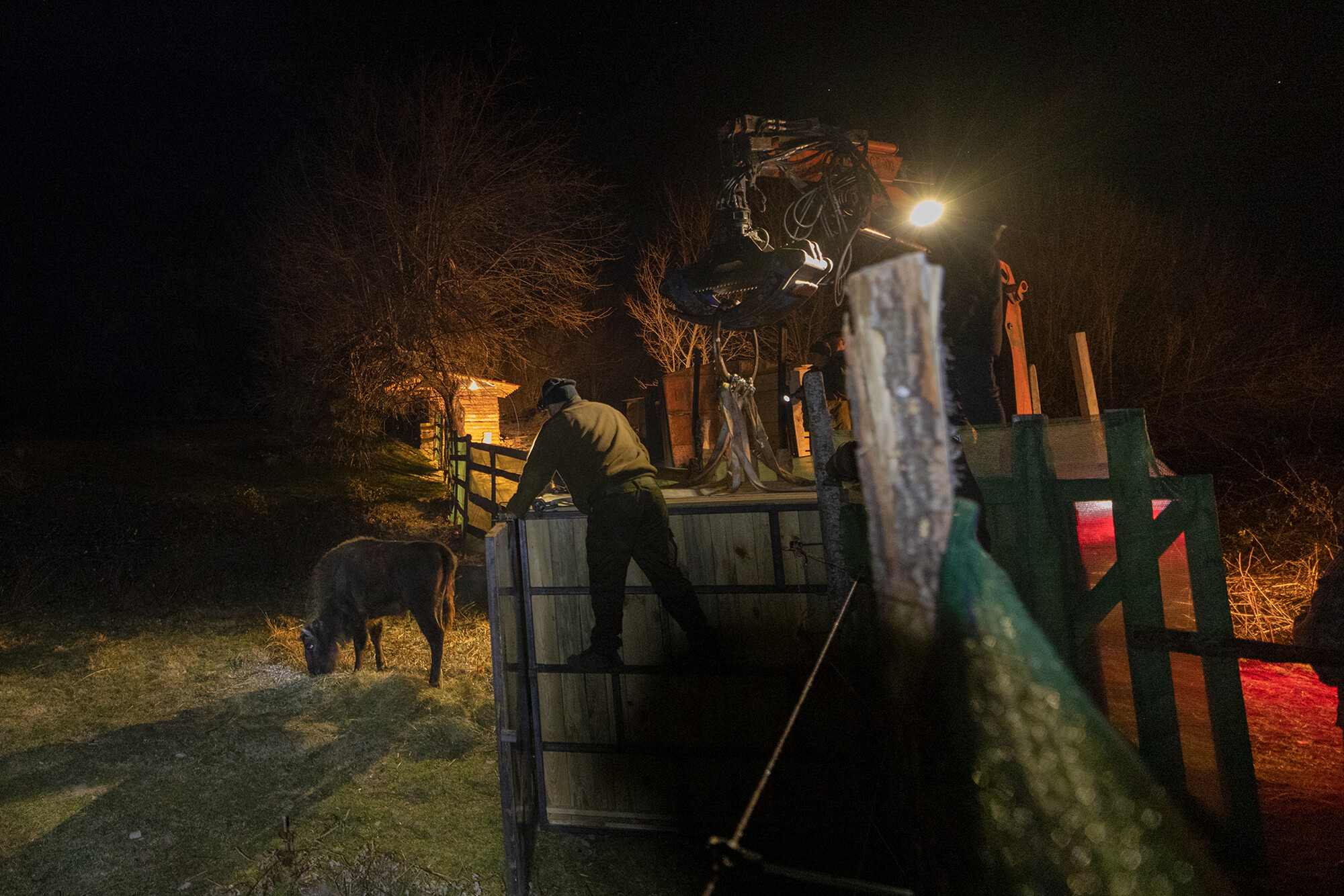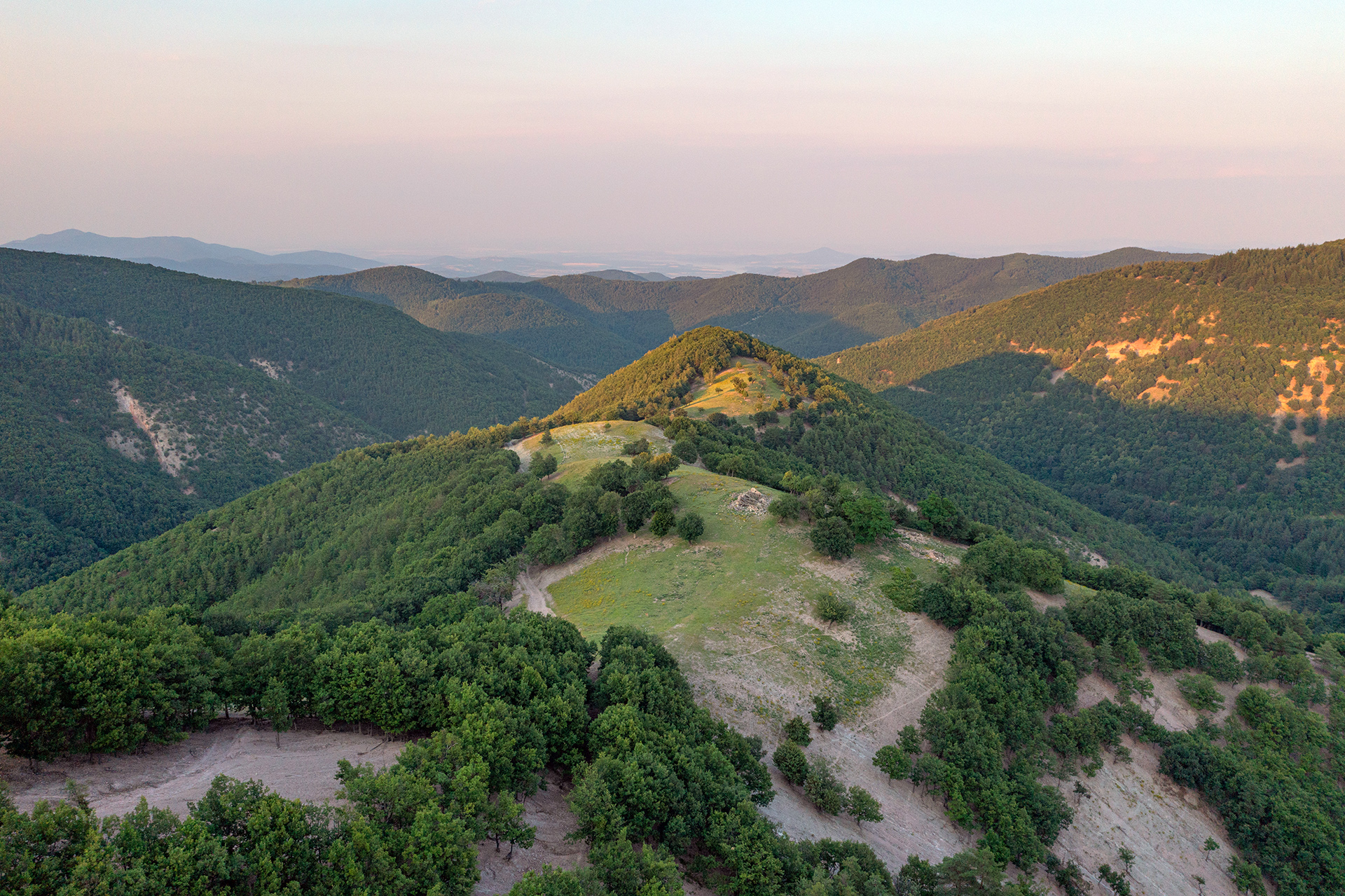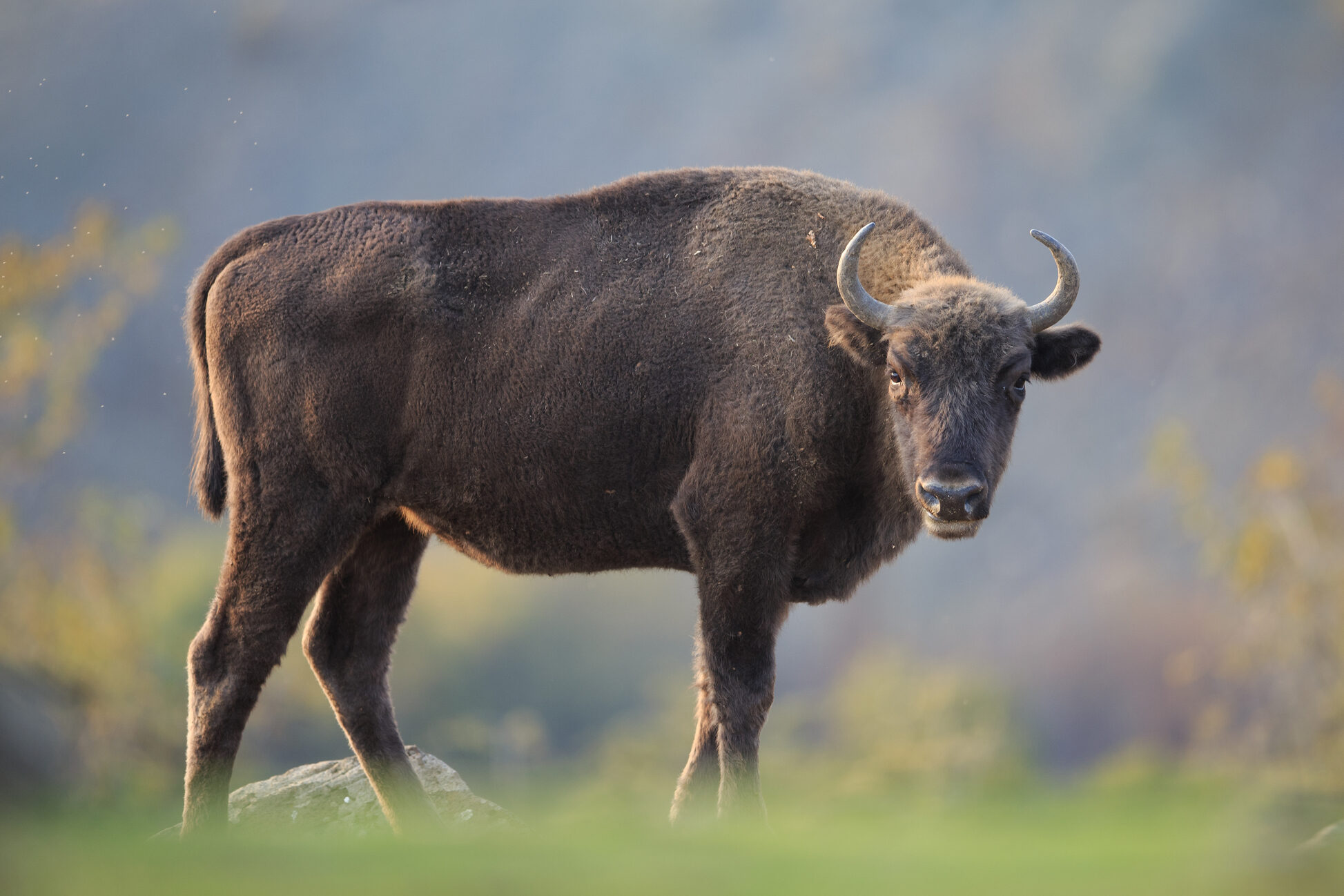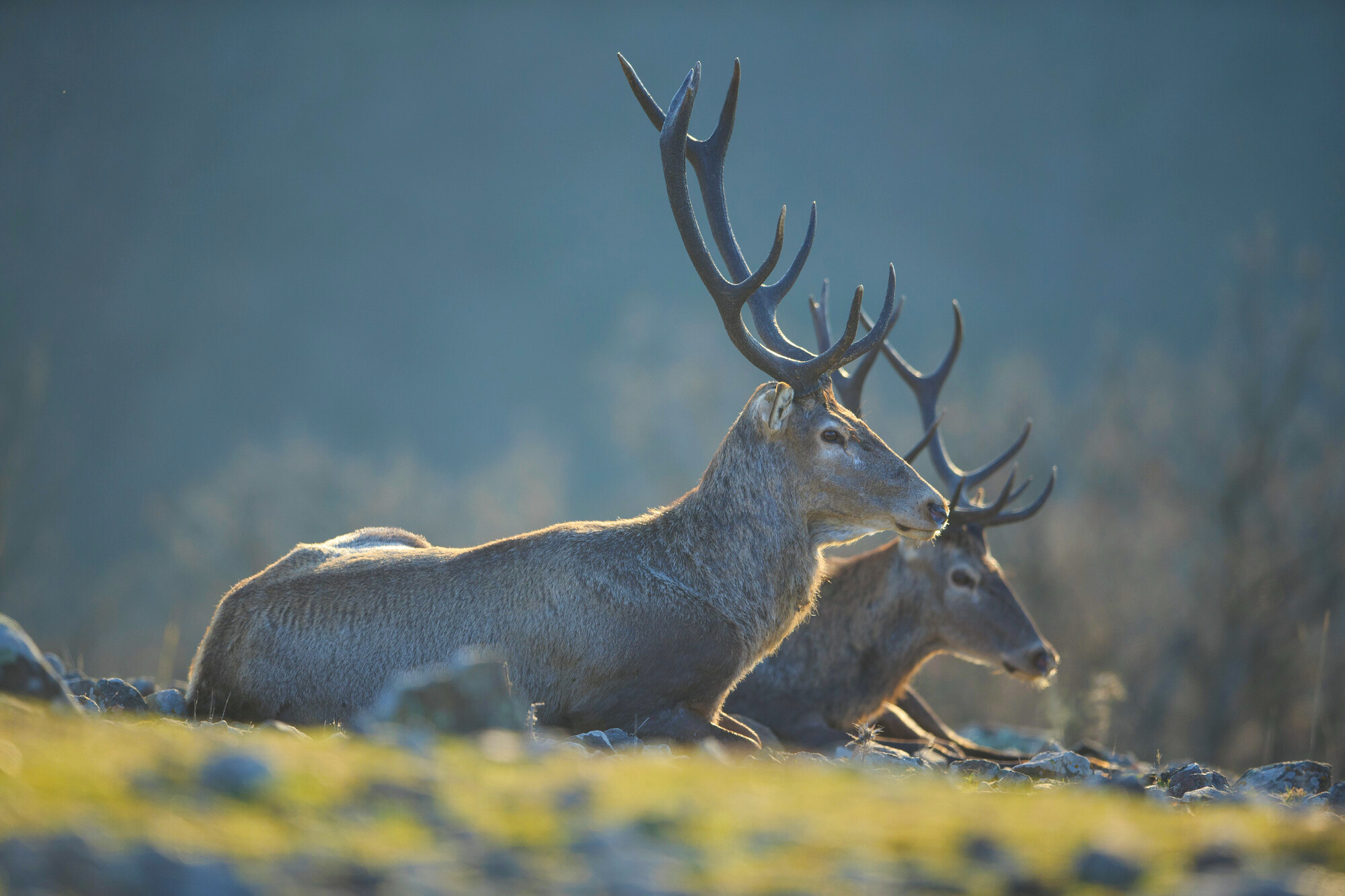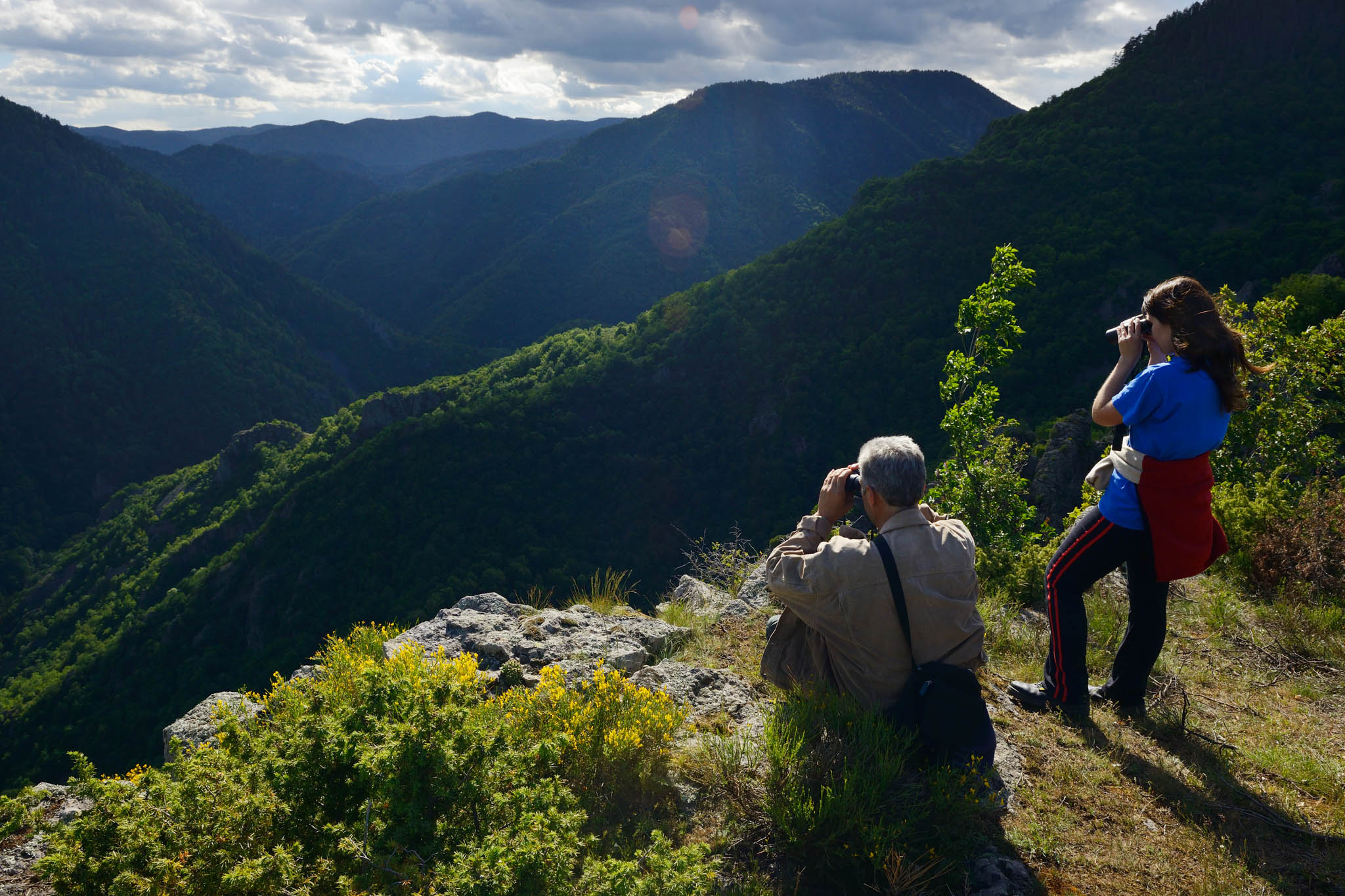Nestled in Bulgaria’s Rhodope Mountains, Zhenda is poised to become a beacon of nature recovery. As they take bold steps to unlock the site’s rewilding potential, the Rewilding Rhodopes team are working towards a wilder future where nature and people thrive together.
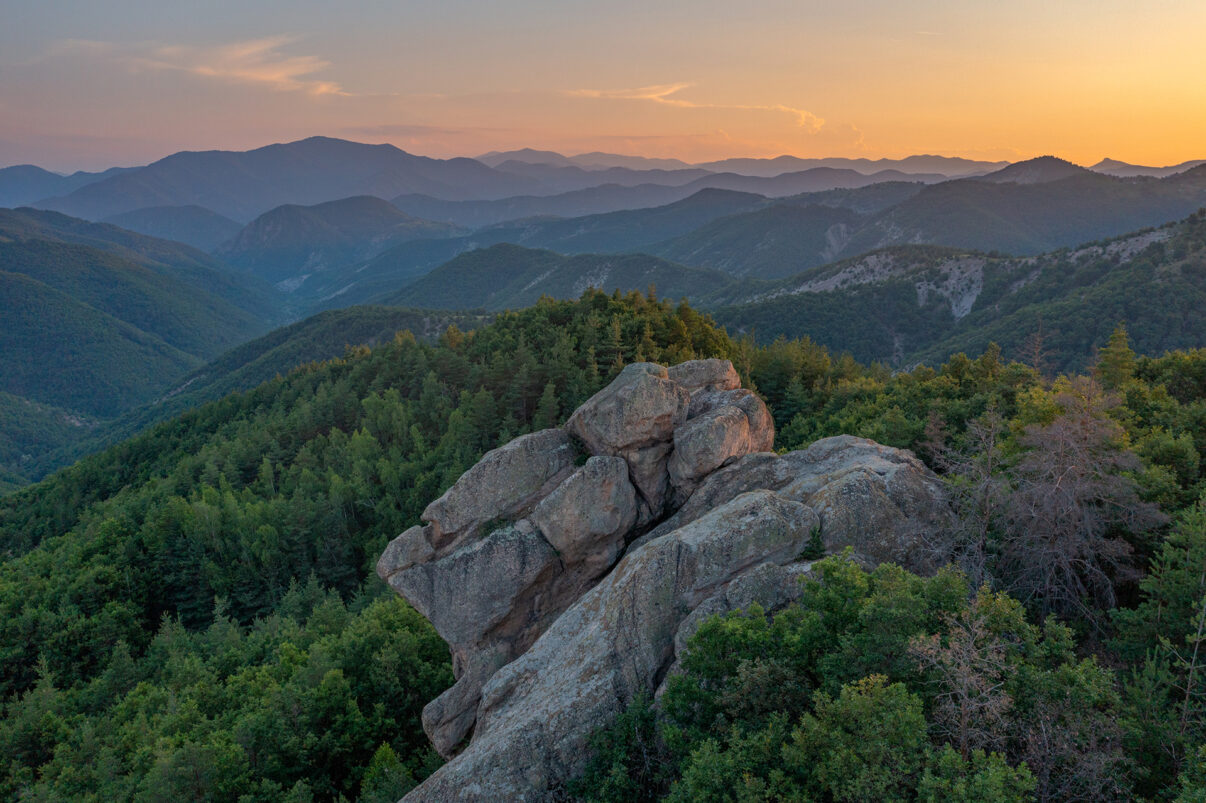
Towards a wilder Zhenda
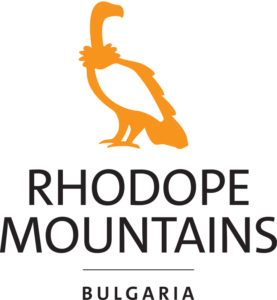 In early 2024, the Rewilding Rhodopes team began work in Zhenda, an important 3,800-hectare site within the Rhodope Mountains rewilding landscape in Bulgaria. Since then, a range of measures have established strong foundations for ecological recovery, sparking the revival of wild nature and guiding the site towards a future where people and wildlife can flourish alongside each other.
In early 2024, the Rewilding Rhodopes team began work in Zhenda, an important 3,800-hectare site within the Rhodope Mountains rewilding landscape in Bulgaria. Since then, a range of measures have established strong foundations for ecological recovery, sparking the revival of wild nature and guiding the site towards a future where people and wildlife can flourish alongside each other.
“We are making good progress towards realising our vision for Zhenda, which is to create a place where wildlife thrives and nature recovery is an engine that drives socio-economic development,” says Andreana Trifonova, Team Leader of Rewilding Rhodopes.
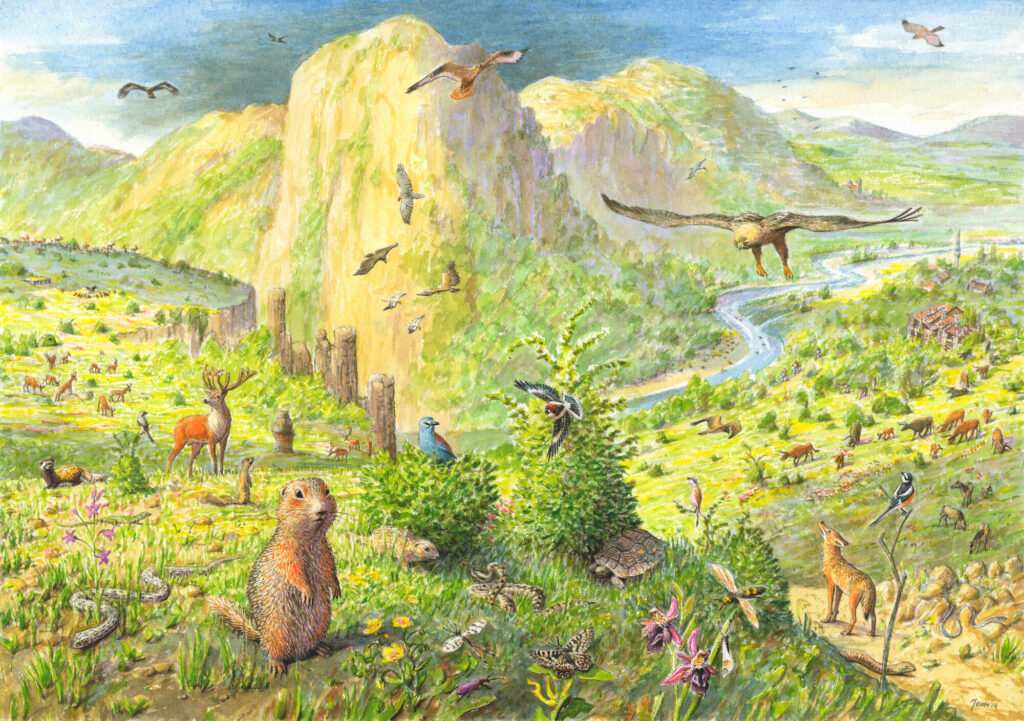
Return of the bison
One of the most exciting milestones in Zhenda’s rewilding journey has been the establishment of a free-roaming herd of European bison — only the second in Bulgaria, alongside the herd in Studen Kladenets, which also lies within the rewilding landscape. Since their release in July, seven of these iconic herbivores have begun to reshape the area after centuries of absence. Each bison is equipped with a GPS collar, allowing the Rewilding Rhodopes team to track their movement, study their behaviour, and ensure the animals are adapting well to their new home.
The long-term plan is to develop a sustainable population of bison in Zhenda.
“We plan to release another eight bison next spring, giving the animals plenty of time to adapt to the landscape before winter,” explains Rewilding Rhodopes Rewilding Manager Emil Yordanov. “With further releases in the coming years, our aim is to grow the herd to around 50 individuals. At the same time, we will take steps to help people live alongside the bison as their numbers increase. The return of this iconic species will amplify nature recovery in the Rhodopes and contribute to the broader comeback of European bison across the continent.”
Scaling up
The European bison in Zhenda now have even more space to roam, following the recent addition of Sokolite — a 1,600-hectare plot rented by the Rewilding Rhodopes team from a local hunting unit. This land includes valuable stretches of open grassland, providing prime grazing opportunities for the herd. With the inclusion of Sokolite, the Zhenda site has expanded to around 5,500 hectares, where hunting has now ceased entirely. The lease, secured until 2028 with the possibility of extension, was made possible through a grant from the Land Fund — a key element of Rewilding Europe’s Rewilding Land Facility.
“Sokolite is a critical addition, as it allows us to expand our efforts across a much larger area,” says Andreana Trifonova. “Wildlife can recover here without the pressures of hunting, while we also have the chance to develop sustainable nature tourism on a greater scale, working together in partnership with the local state hunting unit, residents, and businesses.”
Helping people explore Zhenda
The bison of Zhenda share their habitat with an impressive array of wildlife, including wolves, brown bears, jackals, red deer, roe deer, chamois, and a wide variety of birds. To help visitors explore this remarkable biodiversity and connect more deeply with nature, the Rewilding Rhodopes team is partnering with a local tourism agency to create a network of eco-trails. Along these routes, strategically placed signs will highlight rewilding efforts and the many species that call the landscape home. A former hunting hide, acquired from a local forestry unit, is currently being renovated and will soon be ready to welcome visitors.
By helping nature heal, rewilding also works to create new economic opportunities. Alongside the new eco-trails, the Rewilding Rhodopes team plan to collaborate with local people to market and sell authentic regional products, ensuring nature recovery brings tangible financial benefits to the local community.
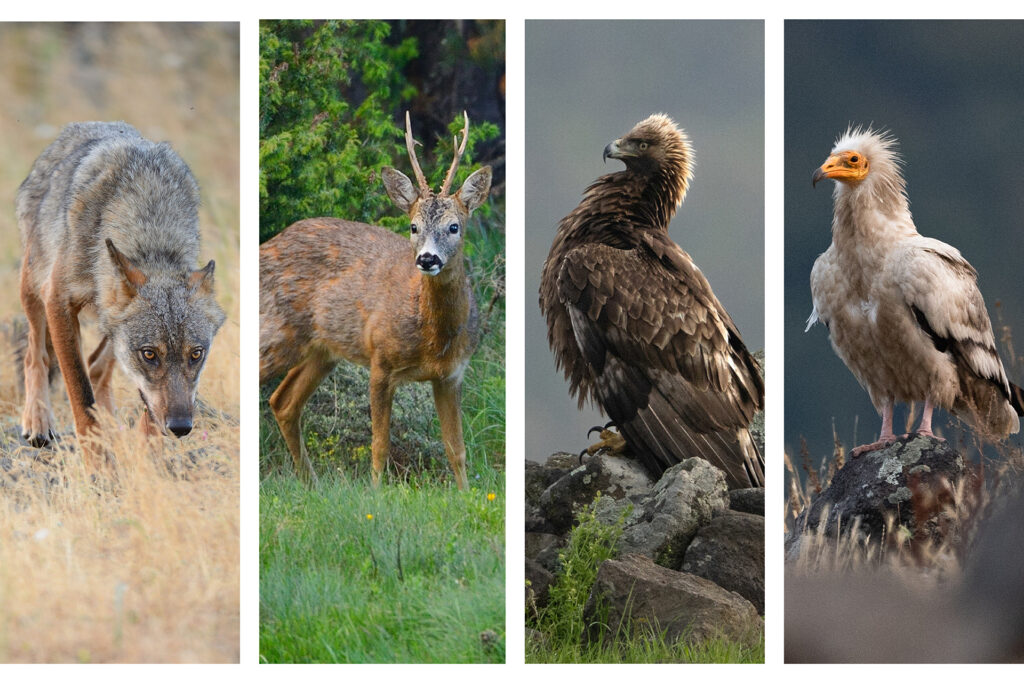
Measuring rewilding impact
To gain a clearer understanding of the wildlife present in Zhenda and its abundance, the Rewilding Rhodopes team conducted a camera trap survey earlier this year, installing 64 cameras across the landscape. Over two months, these devices recorded a wide variety of species, including wolves, chamois, roe deer, red deer, and wild boar. The findings of the survey are now being analysed, with a full report expected by the end of 2025.
“This report is critical because it will give us a baseline to measure the impact of our efforts to support wildlife comeback,” explains Emil Yordanov. “We plan to repeat the survey in five years to assess our progress. In addition, we will carry out an aerial survey with a multi-spectral camera — and repeat this in five years too — to track how the reintroduction of bison and other rewilding measures are influencing vegetation.”
The monitoring in Zhenda will also contribute to Rewilding Europe’s broader knowledge on how rewilding can strengthen ecosystems and enhance resilience across the continent.
Rewilding forests
As vital ecosystems that support millions of animals and plants, natural forests also lock up and store huge amounts of carbon, support livelihoods, supply a wide range of goods and services, and help to protect us from disease.
The forests in Zhenda have been shaped by human activity and their current structure and composition are far from natural. Parts of the area are dominated by non-native tree species such as Scots and Austrian pine. The natural forests that do exist are mostly made up of intensively harvested oak trees.
To restore their health and resilience, the forests of Zhenda will be rewilded in partnership with the Zhenda state forestry unit. Using GIS mapping and field surveys, the Rewilding Rhodopes team have identified pilot areas within the site — as well as in other forestry units across the wider rewilding landscape — with strong potential to support natural processes and richer biodiversity. Management will focus on gradually replacing non-native conifers with native broadleaf trees, and improving harvested forests so that they can regenerate naturally. Important features such as old trees, deadwood, and wildlife habitats will be protected, while forestry practices shift towards low-impact timber harvesting that benefits both people and nature.
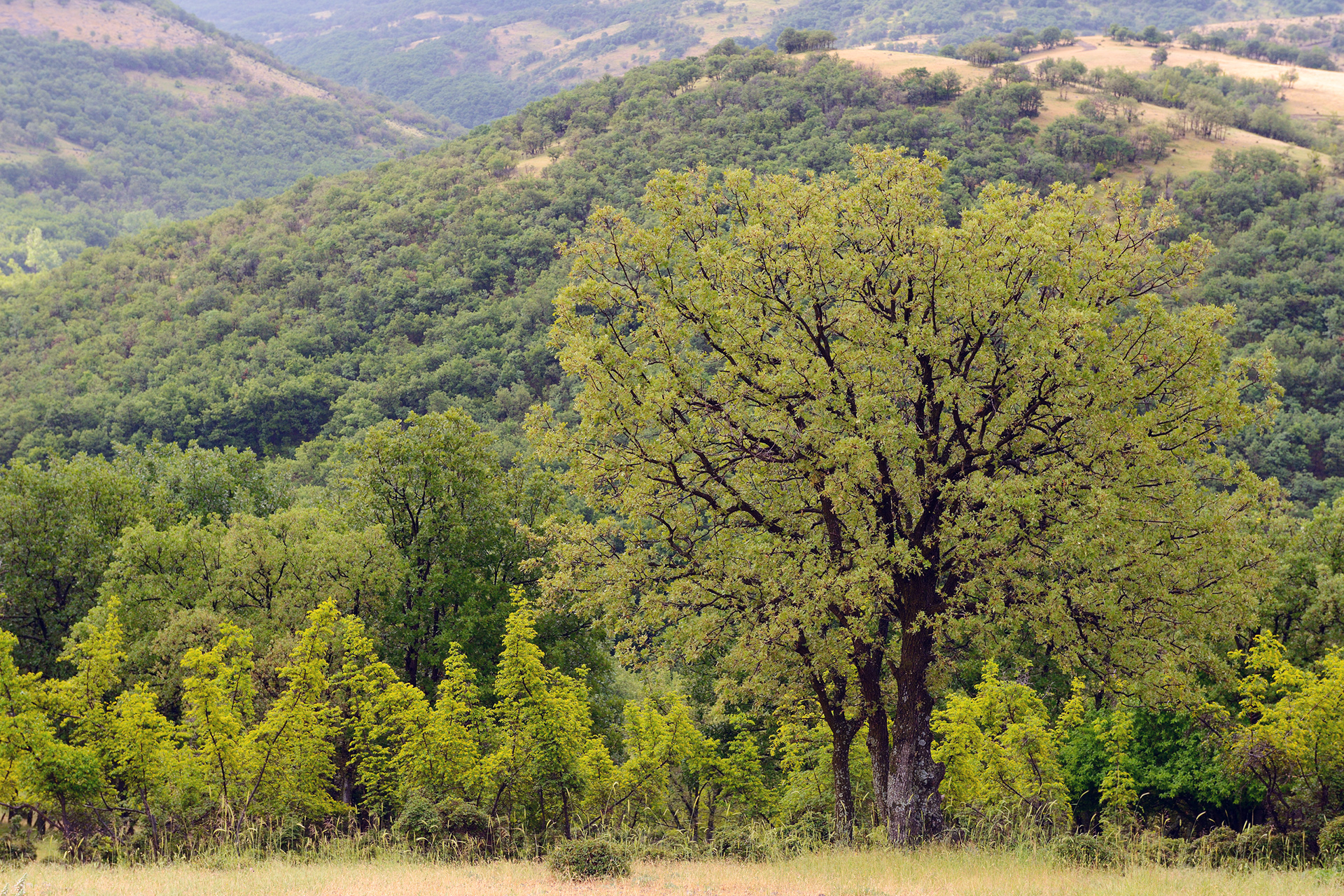
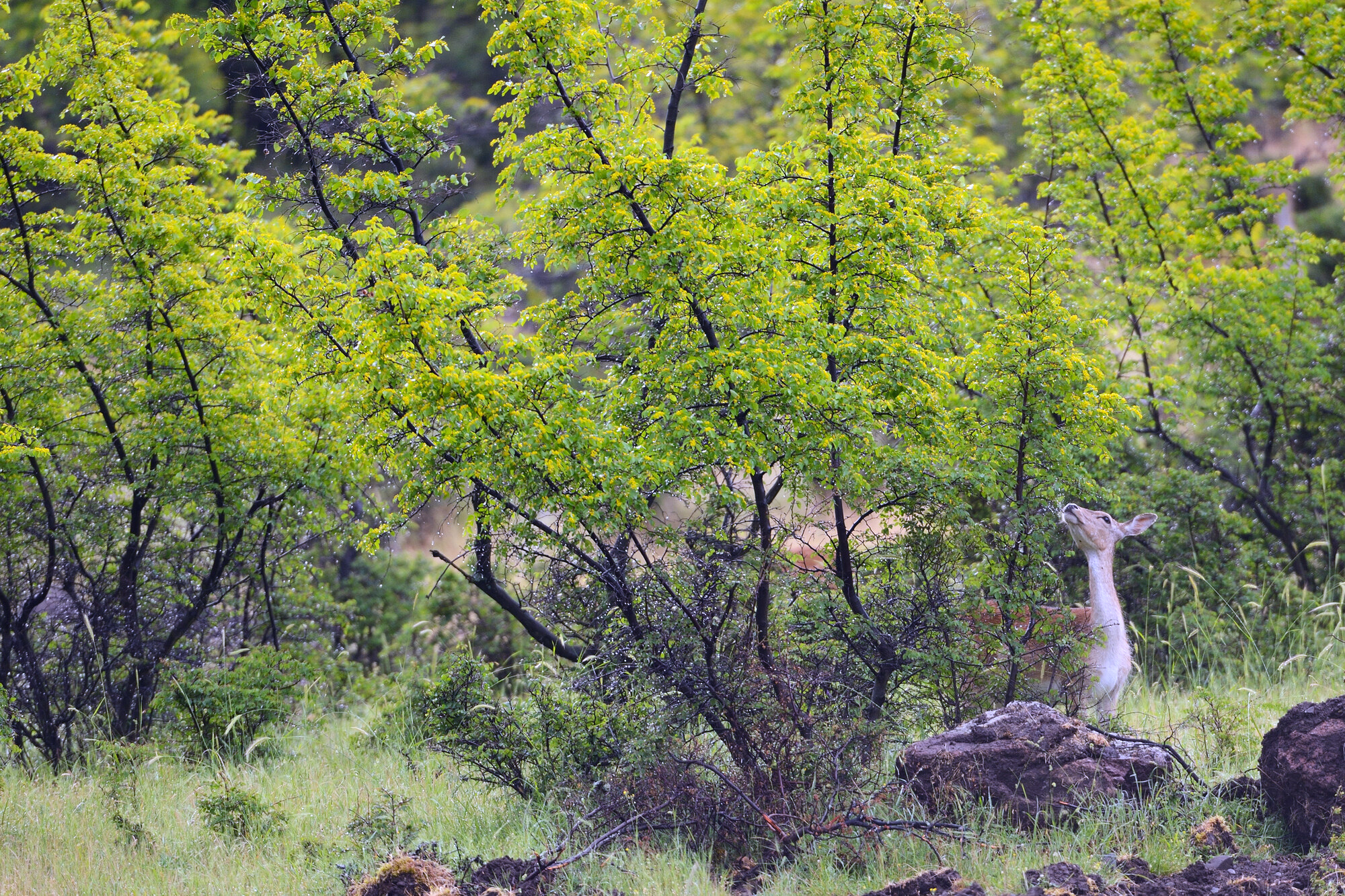
An exciting future
Zhenda is more than just a site where nature is healing. It has the potential to become a true showcase of nature recovery which demonstrates the many benefits that rewilding can deliver when diverse partners work together towards a shared vision. Looking ahead, Rewilding Rhodopes team leader Andreana Trifonova is excited to see the site continue its evolution, with people and wildlife thriving together on a growing scale.
“In the coming years, the forests of Zhenda will regenerate naturally, while bison herds once again roam freely across the landscape. Visitors will explore eco-trails with a good chance of seeing wildlife, while local people benefit from a blossoming nature-based economy. The Rhodopes will become a living symbol of resilience, showing how healthy ecosystems can once again shape Bulgarian landscapes. This transformation will inspire the revival of wild places across Bulgaria and contribute to the wider resurgence of wild nature across Europe.”

